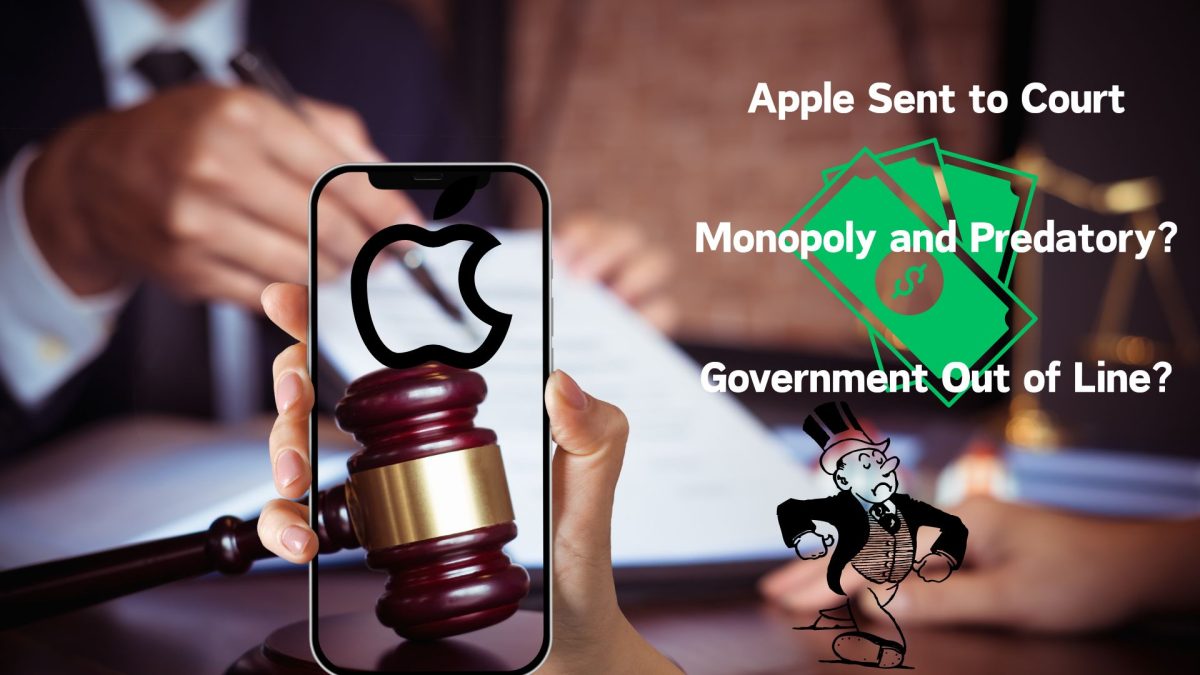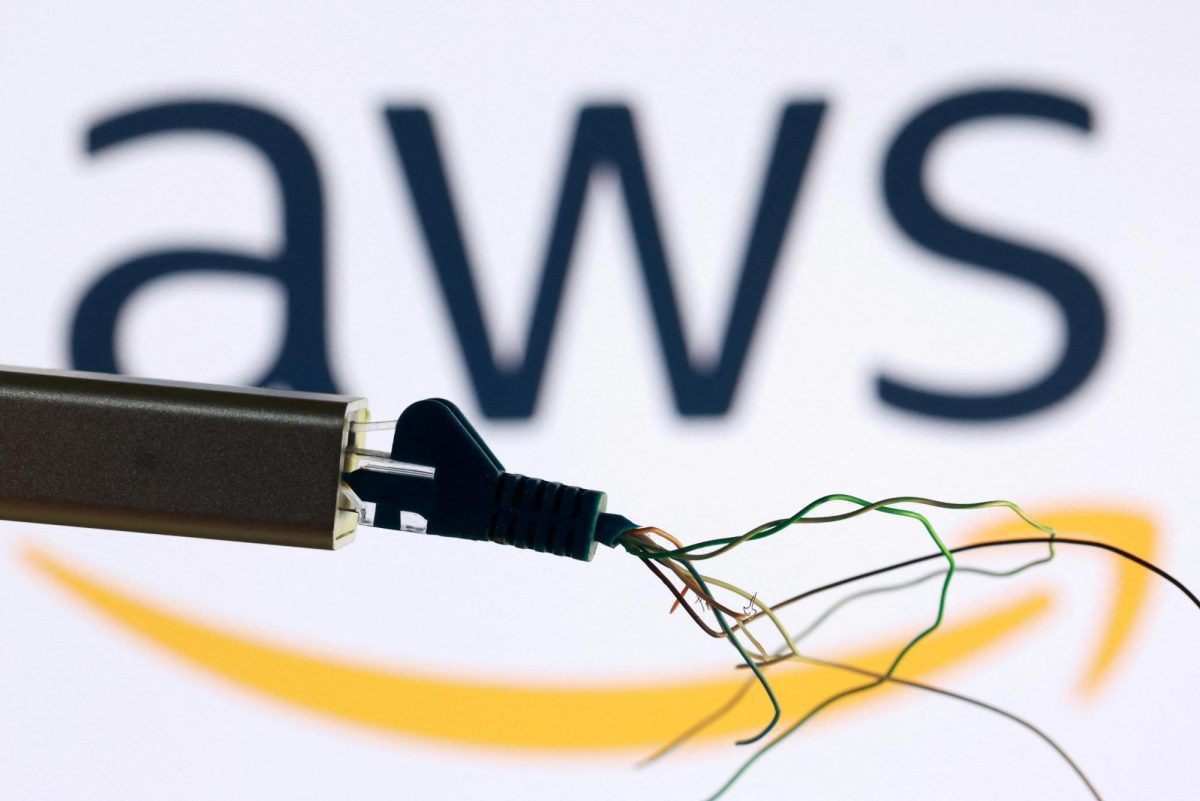Recently Apple has come under fire by the Department of Justice as they now question if Apple is using predatory tactics to control and manipulate the market for smartphones. Joined by attorney generals for 15 states and the District of Columbia, the civil suit has several accusations. Apple could if deemed guilty receive millions in fines, be shut down, re-owned, or be required to change its operating systems and procedures to comply with antitrust laws.
Large tech companies are not able to avoid antitrust laws anymore due to updates
There are three main points the suit is accusing Apple of doing that would violate U.S. antitrust laws. One example is Apple blocking what are known as ‘super apps’, applications designed to assist consumers in switching between smartphone platforms. Blocking these shows an intention to prevent consumers from changing products and even preventing them from accessing the information that may have previously been stored on an Apple device.
Another accusation is that Apple blocks the development of cloud-streaming apps that would allow high-quality video play, instead requiring purchasing additional software and hardware from Apple. Intentionally blocking access to other applications in favor of one’s own can be deemed monopolization, being that it makes a cycle of having only to go back to the parent company to spend more money exclusively on them.
The last one is Apple intentionally downgrading the quality of messages sent from non-Apple devices, making the rival company seem of lower quality themselves. The highlight of this accusation is the common customer complaint of this fact, including how some forms of communication can not be possible between those sharing different brands if one user happens to be an Apple user. This is again being cited as a tactic to block users from using things outside of the Apple brand, as well as a way to diminish the assumed quality of competitors.
Within the suit so far, it has been said while Apple has a GDP larger than many countries, it is not from merely being a good business but from making other businesses look bad or entirely blocking them. In response, Apple has denied that any of the claims are true and accused this civil suit of being an example of government overreach. An example of one rebuttal is with the text messages, claiming they have not made a compatible message experience between their consumer and others as it would require them to in fact lower their company standard to better suit another. Apple has also taken the opportunity to turn toward the people, claiming this suit if successful is just another attempt by government officials to overstep into business practices, which got Apple some backlash from consumers for turning their personal accused crimes into a political statement.
This however is not a new thing, as other similar companies are dealing with the same type of lawsuits following a long-term goal to cut down on tech-based monopolies within the modern world. The Justice Department has already sued Google based on monopolizing advertising services, and the Federal Trade Commission is still and has been for years working against Facebook’s parent company Meta, and more recently Amazon. Just past December, the Federal Trade Commission sought to block Microsoft’s acquisition of game maker Activision.
The United States is not even the first country to go after Apple for its exclusionary business practices, with earlier this month Apple receiving a $2 billion fine from the European Union for restricting competition between music-streaming apps. Apple is still trying to appeal this, though with it also having a case against them within the U.S. it decreases the chance of the appeal going through.
It is not new for the government to step in due to antitrust laws, having existed for quite some time intending to block the creation and pursuit of monopolization. The simple fact is now the tech world is becoming subject to these antitrust laws, whether they like it or not. Predatory practices online were getting out of hand, and now this will be progressively cut down on, it is up to the companies whether they’ll fight about it or willingly abide by the law.














